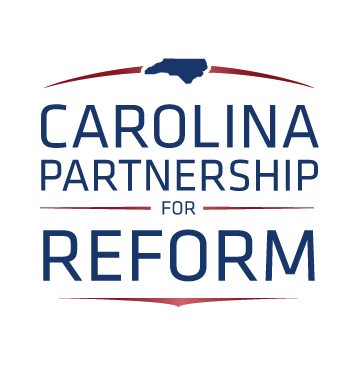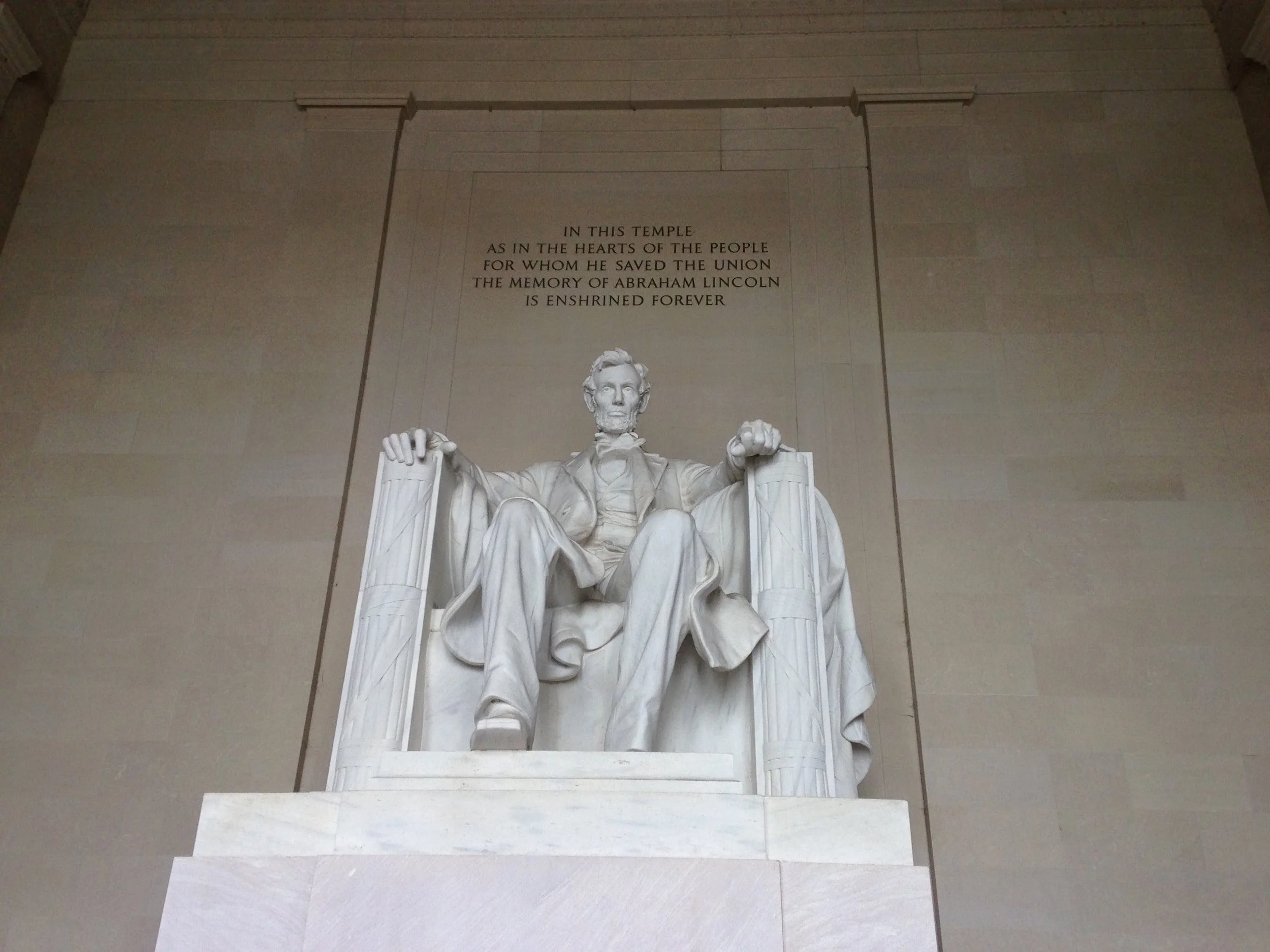677 UNC Professors Call Declaration of Independence, Gettysburg Address “Ideological Force-Feeding”
Faculty up in arms because proposed American history class requires students to read core American documents
What has our flagship public university become?
We’ve written these past few months about some concerning trends at UNC System schools. But none inspire as much dismay as this latest incident.
In an open letter published just days ago, 677 UNC faculty lambasted a proposed bill, HB 96, to require UNC System students to take one single class in American history and government before graduation. Here is the full requirement for the class:
Provide a comprehensive overview of the major events and turning points of American history and government. Require each student to read at least the following documents in their entirety:
· The Constitution of the United States of America.
· The Declaration of Independence.
· The Emancipation Proclamation.
· At least five essays from the Federalist Papers, as determined by the instructor.
· Dr. Martin Luther King, Jr.'s Letter from Birmingham Jail.
· The Gettysburg Address.
Why do the 677 faculty members object? Here they are in their own words:
“H.B. 96 violates core principles of academic freedom. It substitutes ideological force-feeding for the intellectual expertise of faculty.”
Ideological force-feeding.
Nearly 700 faculty at the state’s flagship public university believe reading the Declaration of Independence is “ideological force-feeding.” It almost defies belief.
It seems reasonable to presume policymakers – in the legislature and on the Board of Governors – do not fully grasp how out of control the university has become.
As they weigh the ramifications of this letter from nearly one-in-five UNC faculty, we’ll do our best to outline a cogent defense for requiring public university students to know the basics of American history.
American Graduates Ought to Understand American Principles
We’ve argued previously that universities should have great leeway in what they offer students.
A college campus is the right place for students to explore critical theory and Enlightenment values and traditional liberalism and everything in between. These concepts should not be banned, and students deserve free reign to accept or reject them.
But there’s another interest, especially for a public university, that’s subtle but important: At American public universities, graduates should have a basic understanding of American principles.
We don’t mean social values that can change from generation to generation. We mean sweeping principles that define the American system: We have the right to life, liberty, and the pursuit of happiness. Governments derive their powers from the consent of the governed. Injustice anywhere is a threat to justice everywhere.
Sometimes we don’t live up to these principles. But they are our principles nonetheless.
The students we educate at our taxpayer-financed universities ought to understand them. Why? Because they ought to understand what our society, over many generations, chose to embrace. They can reject those principles if they like. They can fight to change them. But they should know about them first.
We do not begin each generation with a blank slate. We do not start from scratch. That is the basic premise of the entire study of history.
HB 96 Takes the Safest, Most Widely Accepted View of American Principles
The next question, of course, is who defines our principles? That’s difficult because it’s both nobody and everybody.
Our principles were born from our founding documents, reaffirmed at trying points in American history, and repeated by every generation’s political leaders.
But we do concede that instructing universities on what those principles are is a fraught and potentially dangerous exercise.
Better, then, to take the safest, most widely accepted view – which is precisely what HB 96 does.
The Declaration of Independence, the Constitution, the Federalist papers, MLK’s letter from Birmingham jail: If these do not articulate America’s principles, what does?
For added measure, the North Carolina Constitution grants the General Assembly the responsibility to “manage” the UNC System. Legislators are exercising that obligation in a reasonable and restrained manner.
How Did it Come to This?
Back to the argument from the 677 UNC faculty. Educating young adults at public universities on core American documents is not “ideological force-feeding.” It is a basic and proper mission for any society’s education system.
HB 96 takes an extraordinarily narrow view, outlining just six core documents that public universities must tell their students about.
Legislators should power on, ignoring for now the wild laments in the open letter.
In the medium-term, policymakers should give deep and careful thought to how it came to be that 677 faculty at our flagship university think instruction about the Declaration of Independence is “ideological force-feeding.”
We’re reminded of a passage from a speech Senate Leader Phil Berger delivered in 2021:
Certain Enlightenment Era concepts have defined American culture since our nation’s founding. Sometimes referred to as “classical liberalism,” they include freedom of inquiry, freedom of thought, freedom of debate, and rationality…
For a long time we took these concepts as a given — they’re there, and they always will be, so we needn’t pay them much mind.
Debates over matters of public policy would reduce to appeals to commonly held principles. We’d debate how a policy choice impacts freedom of speech, for example, but we wouldn’t debate the value of freedom of speech. This is America, and in America we have freedom of speech. That’s it.
But what do we do when confronted with a doctrine that “questions the very foundations of the liberal order”? That’s how leading legal scholars Richard Delgado and Jean Stefancic describe critical race theory, the school of thought they helped found.
That requires us to go deeper than traditional public policy debates. It requires us to investigate principles previously taken as immutable laws, and consider whether we still should accept them.
We can’t simply respond, “That doctrine violates our Constitutional principles of equality,” because of course it does — that, according to Delgado and Stefancic, is the point and the goal:
To change those principles.

